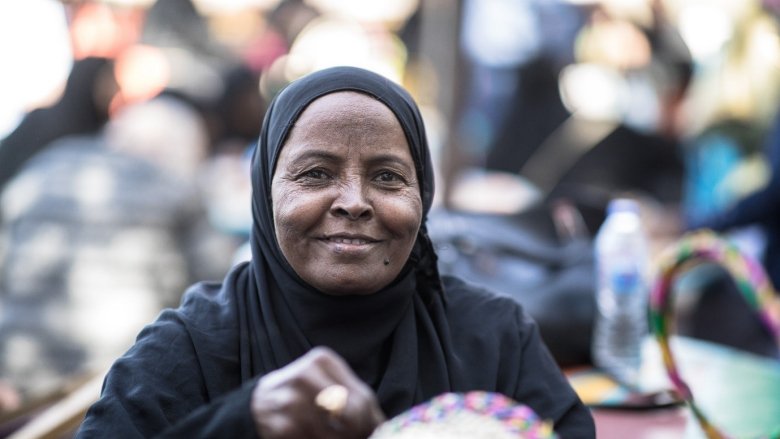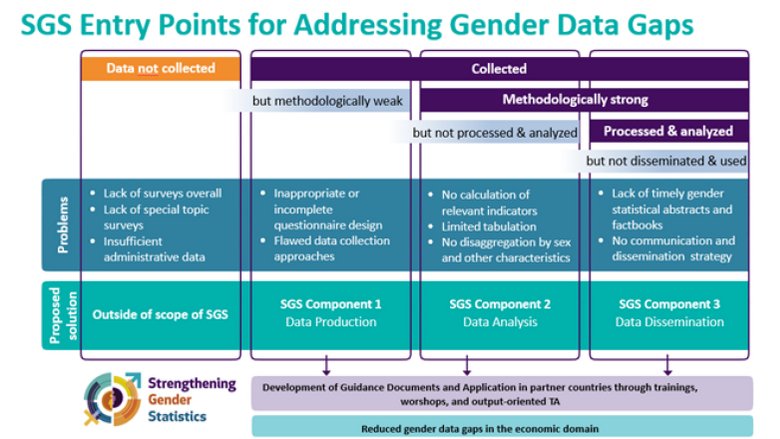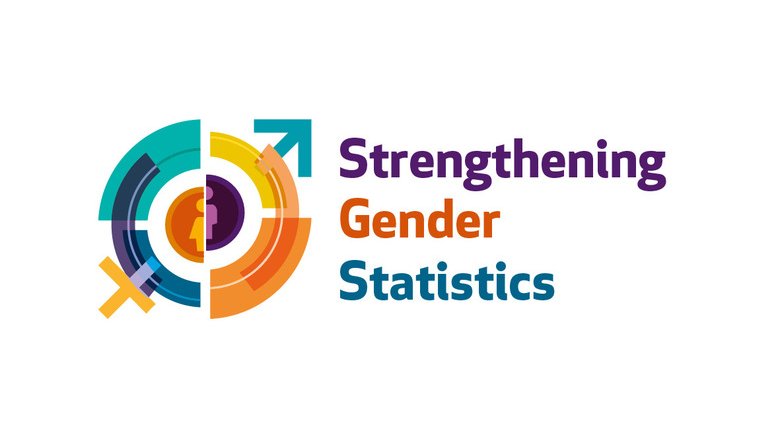Introducing the Strengthening Gender Statistics (SGS) Project
Globally, women control fewer economic resources than men, including land, financial assets, and employment, leading to differences in their development outcomes. Poor quality gender data translates into poor gender policies. Reliable and complete data on how economic realities for men and women differ and what social factors influence these differences is essential for designing effective policies necessary for development progress. But too often, data gaps inhibit progress on crucial development issues.
That is why, the Strengthening Gender Statistics (SGS) project is working with National Statistics Offices (NSOs) in 12 partner countries to improve the availability, quality, and use of gender data within the economic domain as well as generate lessons for global engagement on the topic. Global knowledge products and implementation lessons coming out of the initiative will ensure that the benefits of the project extend beyond this group of countries. Collecting data on assets, work and employment, and entrepreneurship is key to measuring gender inequalities, monitoring progress toward gender-related Sustainable Development Goals (SDGs), and conducting research for the design and evaluation of policies and interventions that aim to eliminate gender inequalities.
Aligned with the SDG framework, the World BankˇŻ˛ő Gender Strategy, and the IDA20 Data for Policy commitment, the SGS project was launched in October 2020 with support from the Bill and Melinda Gates Foundation and the Umbrella Facility for Gender Equality.




